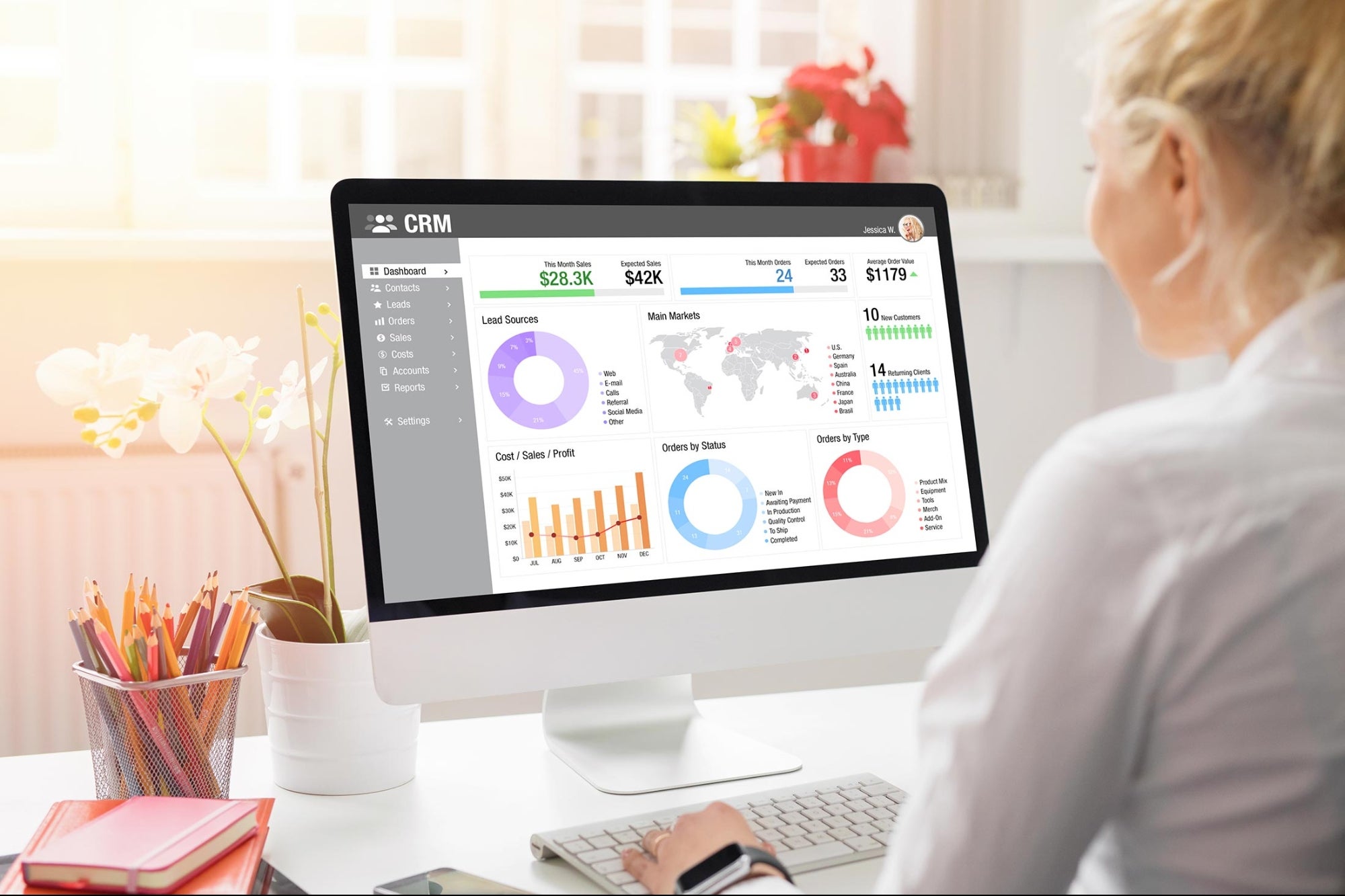
Opinions expressed by Entrepreneur contributors are their own.
The life of a small business owner can be far from easy at times. There are prospects to follow up with, sales to track and commitments to deliver to clients daily. Feeling overwhelmed and fearing the business will fail if you can’t keep up is easy.
When I became an entrepreneur, prioritizing my tasks and projects was one of my biggest challenges.
Since I was coding and selling, I had a lot going on at once and was constantly switching between multiple roles. I would forget to call a prospect or customer back, where a previous conversation had left off, and what I had to do as part of a follow-up interaction.
Initially, I tried to streamline my work process. Yet, after much research, I could not find a solution I needed in the Mac ecosystem.
So, I decided to build one for myself to meet my needs. As they say, “Necessity is the mother of invention.”
Years later, that initial product designed to keep me organized in my earliest days as an entrepreneur evolved into Daylite, an all-in-one tool for solopreneurs and small business owners.
I understood that I was not the only entrepreneur to experience the same struggles trying to prioritize my tasks and projects. And we don’t even have enough people on our teams to do it all for a long time, so we are juggling and switching between tasks. We are forced to focus on multiple things simultaneously, leading to errors and client frustrations.
Related: What Is A CRM? A Beginners Guide
The path to success in a small business can have many obstacles. Investing in the right tools can be a true game-changer. A CRM can boost sales by 29%, elevate productivity by 34% and increase forecast accuracy by 42%. It can also help us navigate challenges, regain control of our businesses and work more efficiently to close more deals and get more done.
Today, you have a choice and can take advantage of many options. I can’t say which CRM is right for you, but I can tell you that having one is absolutely crucial to the success of a one-man (or woman) show or any small business.
With the evolution of my career and after speaking with so many small business owner customers, I’ve learned four important things about having a powerful CRM in your business.
1. Saves time
Something as trivial as searching for a client’s contact information, a seemingly trivial task, can accumulate to be a significant drain on your time. Imagine a scenario where you must make a follow-up call but find the contact details missing. You have sent your team a request, and time is lost waiting for the details to be sent.
In the long run, the ripple effect of such delays compounds into significant time loss. A CRM solves it by being a centralized repository — wherein all essential contact information is present and ready to access when needed.
Related: How CRMs Can Spark (or Continue) Fast Growth
2. Helps build better relationships
An often overlooked aspect of business interactions is the personal touch. Having a repository of insights into our clients’ lives, ranging from family details to memorable dates, can help us build better relationships with them.
We store information about the achievements of our client’s children and their key life events to reference in future conversations. But even storing something as simple as the client’s birthdate and being able to send them a present, a card or perhaps simply an email with congratulations can go a long way.
We all care about our clients and want to be attentive, but storing all of this information in our minds is impossible. A CRM acts as our second brain, in this case, storing it all for us.
Related: How to Create Authentic Relationships and Build Customer Trust
3. Saves money in case of a dispute
It’s normal sometimes to forget discussions or even agreements. It’s also normal to remember things differently. And yet, a memory lapse can have dire consequences.
Imagine you implement something that a client approves via email. And a few months later, he challenges your execution simply because he forgot about this old request. Finding an old email in an overflowing inbox can turn into a nightmare. Being able to pull out any email from a client’s file in the CRM becomes a game changer.
4. Helps focus on the right opportunities
Effectively selling to a variety of potential customers requires careful planning. Deciding where to focus our efforts is crucial – some clients are ready to buy, while others need more time.
Having all this information in one place and being able to categorize prospects helps sales professionals know which opportunities to pursue and which to hold off on. This approach ensures that we can match our efforts with each customer’s progress, increasing the chances of a successful outcome.
https://www.entrepreneur.com/science-technology/4-reasons-why-your-small-business-needs-a-crm/457877

